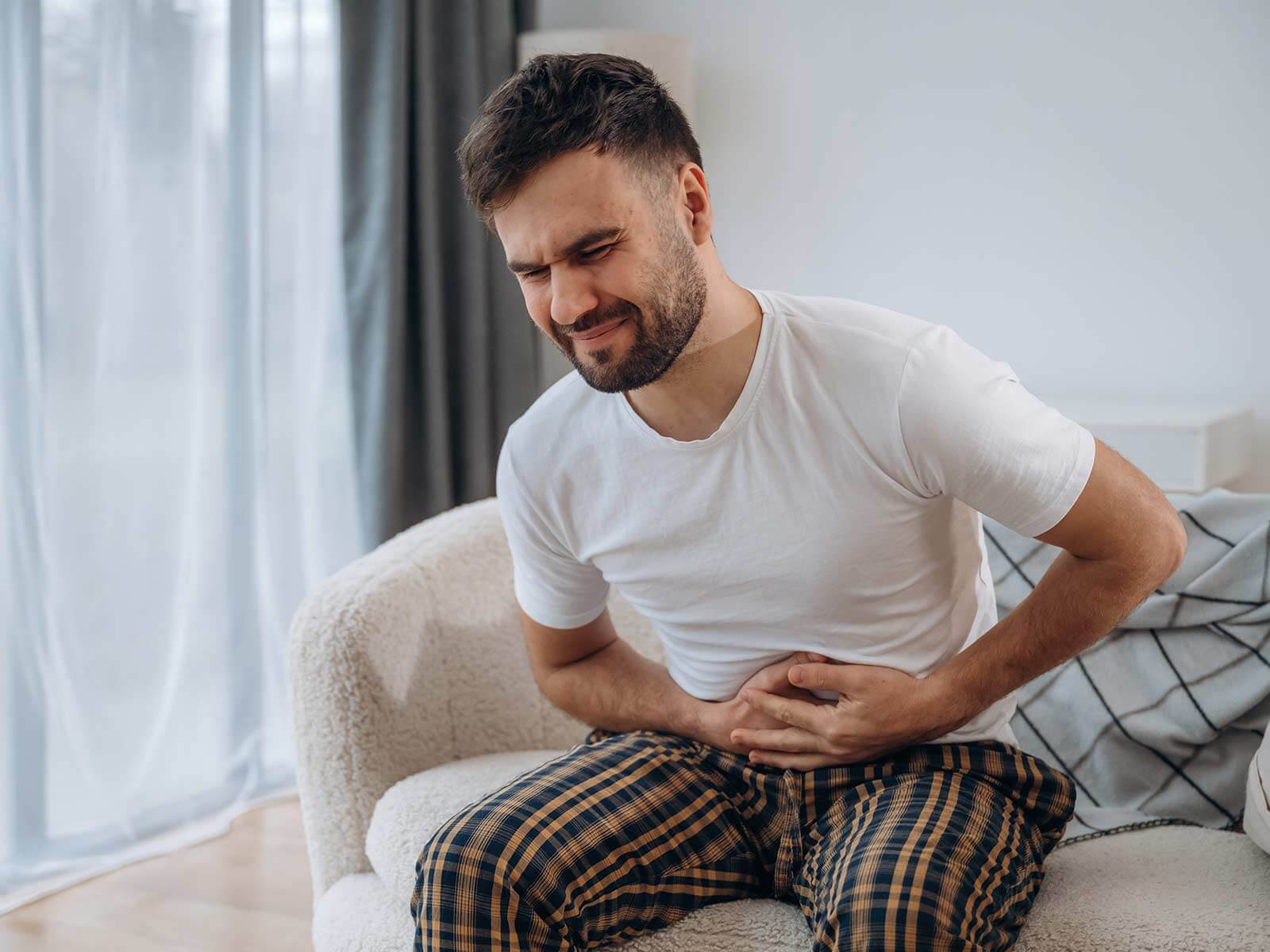
Lymphocytic colitis is a type of microscopic colitis whereby through using the colonoscope the colon may appear normal but upon a microscope, inflammation can be observed on the colon. It may cause long term, liquid diarrhea, that does not harm the wall of the colon. The exact cause remains unknown but it is thought that excessive reaction of the immune system in the colon colonic lining causes this.
Symptoms can be of varying magnitude and lymphocytic colitis may result in:
It is not clear what causes the lymphocytic colitis, however, there is a variety of factors which can possibly be involved in the process of the disease development:
Be sure lymphocytic colitis no longer destroys your life. Make a GastroDoxs appointment in Houston. Our call may be made at 832-476-1649 or you may have your appointment done online here so as to be certain that you are actually making an appointment and receive your free diet PDF and begin a program of our offering that is tailor made.
We've successfully treated more than 1K patients, helping individuals improve their digestive health and overall well-being through expert, personalized care.
With over 20 years of experience, GastroDoxs has been a trusted provider of gastroenterology care, focusing on delivering the best outcomes for patients
Lymphocytic colitis is another form of microscopic colitis—the inflammation of the colon lining which can only be seen with the assistance of a microscope. Patients often experience chronic, persistent watery diarrhea that does not damage the colon wall.
The ICD-10 code of lymphocytic colitis is K52.83, which belongs to the broader category of microscopic colitis.
Though lymphocytic colitis can cause chronic diarrhea and discomfort, it is not considered a life-threatening condition. Most patients respond well to treatment and symptom management.
The immune system can play a role in lymphocytic colitis; however, it is not classified as a true autoimmune disorder. Instead, it represents an abnormal immune reaction confined to the colon.
The exact cause is not fully understood but may involve certain drugs (NSAIDs, SSRIs), a history of intestinal infection, bacterial imbalance, immune overreaction, genetics, and tobacco use.
The diagnosis is made through a colonoscopy, where the colon usually appears normal, followed by a biopsy that reveals microscopic lymphocytic inflammation under the microscope.
Treatment often begins with dietary adjustments. Depending on the patient’s needs, anti-diarrheal drugs (such as loperamide), corticosteroids (like budesonide), probiotics, or fiber supplements may be prescribed by the doctor.
Yes. Symptoms can be reduced by adjusting fiber intake and avoiding caffeine, milk, and other irritants. GastroDoxs offers a free diet PDF with helpful guidance for liver-friendly meal planning.
You should consult a gastroenterologist experienced in microscopic colitis—like the experts at GastroDoxs in Houston—who can identify the condition accurately and provide a tailored treatment plan.
In Houston, you can contact GastroDoxs by phone or visit our website to schedule an appointment—either same-day or in advance. Our team is committed to helping you manage lymphocytic colitis and achieve better digestive health.